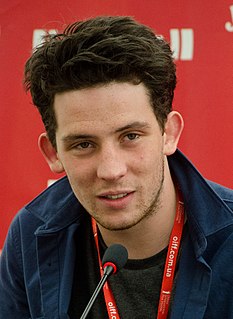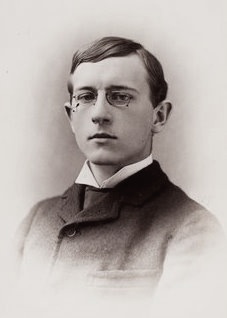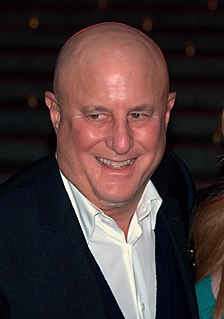A Quote by Sean Baker
Because I'm a dramatist, I'm allowed to take liberties, but I want my films to be based in truth, and it's very important to me that the community we're focusing on is happy with the film. From an ethical point of view, that's everything.
Related Quotes
There are some audiences who are uncomfortable with the ambiguity, though. They want a film to chew their food for them, they want Hollywood endings that tie everything together in the end and answer all of the questions. They are usually people on one extreme of the political spectrum or other and they haven't been happy because the film is not polemical enough on their side. They aren't usually people who aren't interested in understanding points of view that they disagree with - they just want to attack their opponents - and I'm ok with them not liking the film.
In the point of view of my personal feelings, I love the music as well as the cinema, but the future of a trumpet player - in the money point of view, but also any point of view - is very short on expectations. The life of a moviemaker can be glorious and wonderful. It can put your life in the best of possibilities. I decided to forget music. Not forget, because this is impossible, but to work in cinema, and just to be someone who loves music, and who tries to make music with his films.
I have people who want to pull me into specific projects in the community based on my music and on the mixtapes. It's like, it's the truth but I'm not trying to preach to you. Because who am I to say what's really right or wrong, or whether what I say is going to change anything? I don't take it too seriously; it's really whimsical.
I guess, in a sense, 'Audition' was a film that gave me an opportunity that I hadn't had up until that point. So that's definitely one that is important to me. Then there's 'Visitor Q' that kind of taught me that there are some kinds of films that can only be made as low-budget films that really wouldn't work as anything else.





































